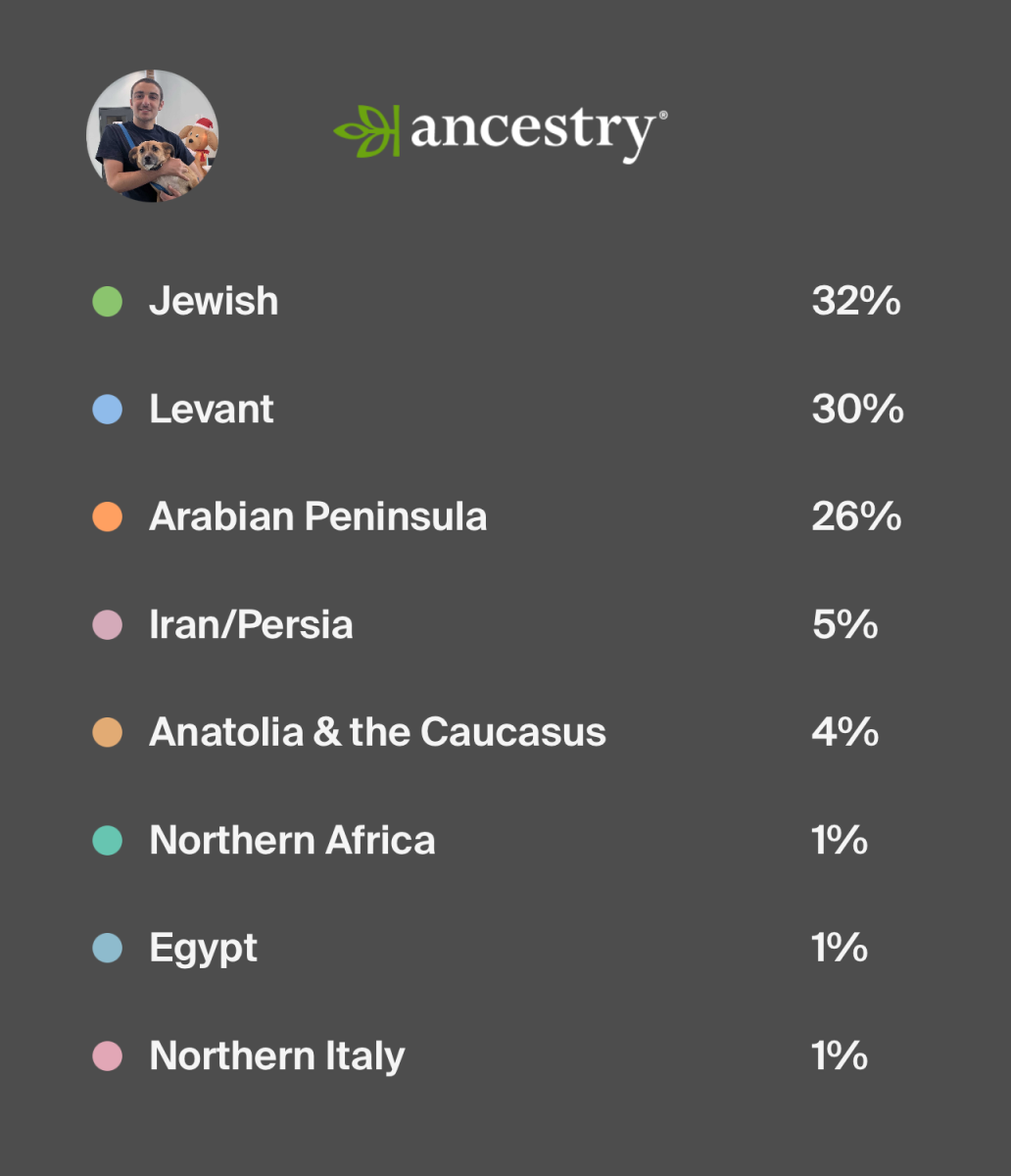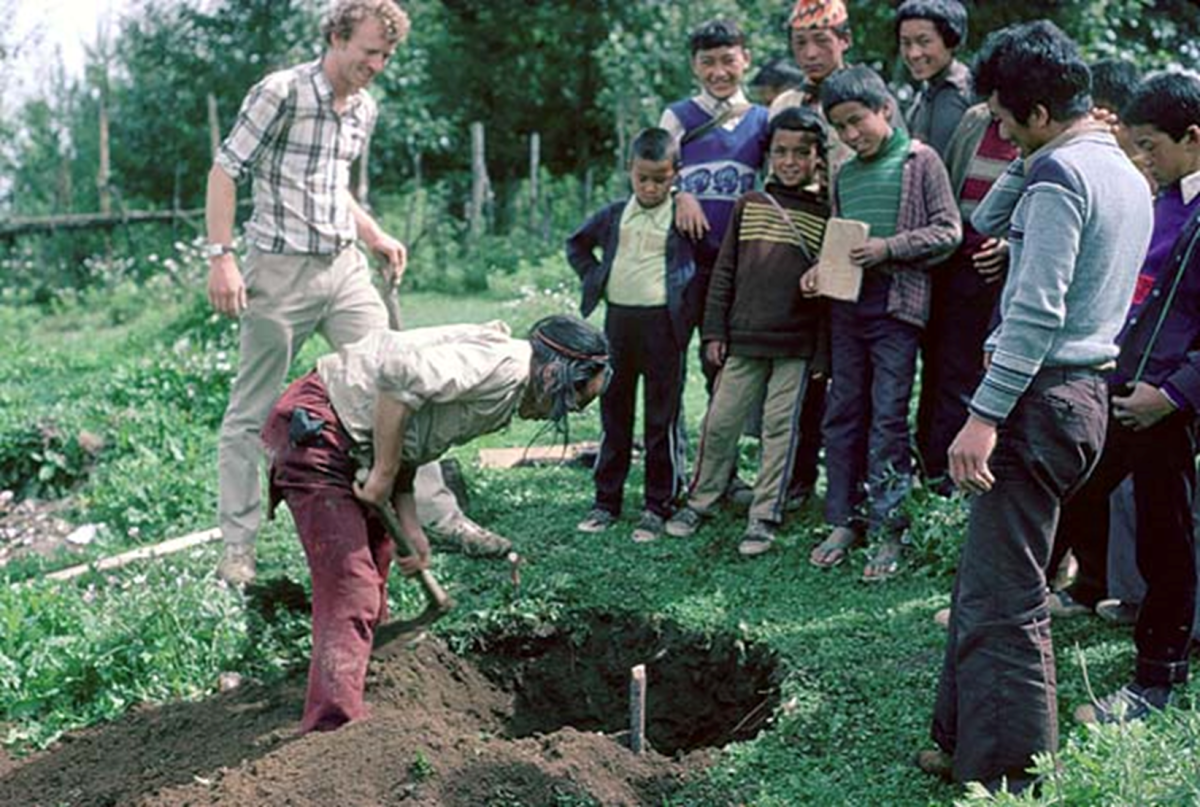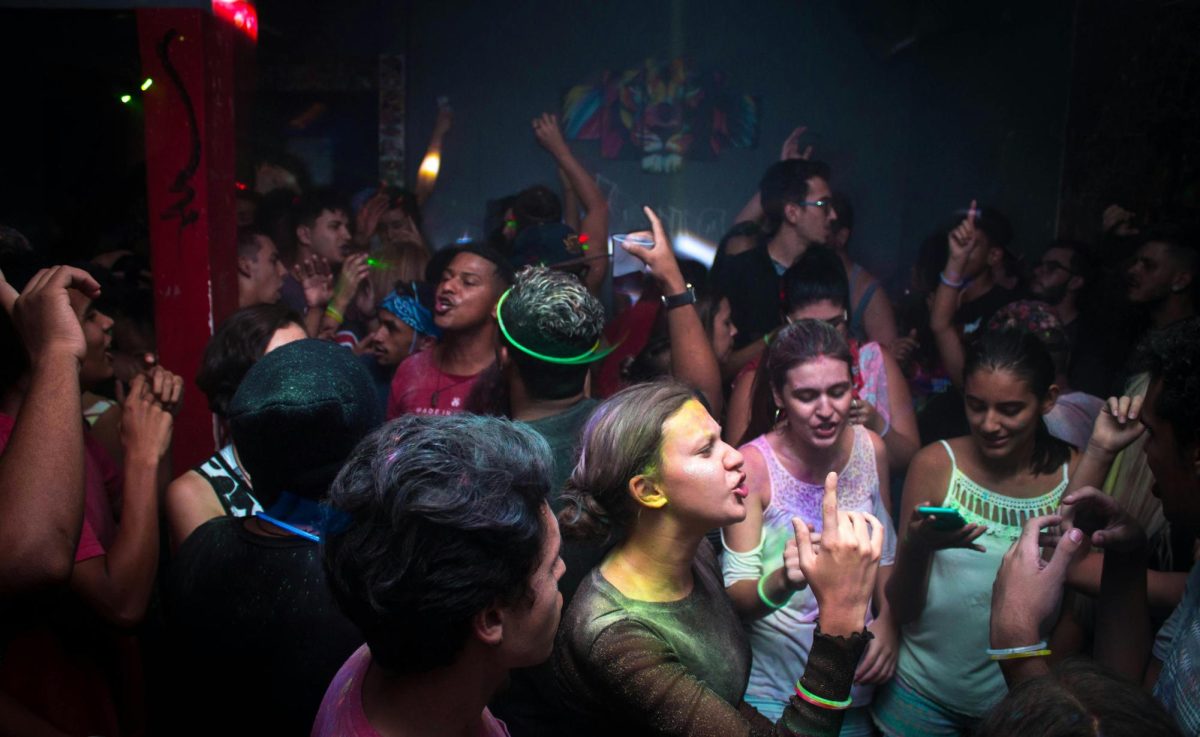
Recent developments in stories concerning college rape scandals around the country have one major thing in common: The women who came forward about their experiences have either been ignored by school administrators or ruled unreliable by law enforcement, yielding hardly any justice against their assailants.
Students experiencing rape may be discouraged by this and choose to stay quiet in fear of judgement, consequence or even blame.
Three particular instances include the accusations against Florida State University quarterback Jameis Winston, the University of Virginia article by Rolling Stone and ongoing coverage of Columbia University junior Emma Sulkowicz as she protests against her school administration’s inability to seek justice after her rape experience.
All three occurrences have been the subject of major news outlets, and all three of the accused assailants have not faced charges.
However, given the statistics behind the conviction rate of accused perpetrators, the fact that no legal actions have been taken against these assailants is not a surprising one.
In fact, very few sexual assault cases lead to conviction at all. Out of 100 incidents of rape, only seven will lead to an arrest, while only two will lead to actual jail time for the assailant.
These three incidents all have one more thing in common: The victims have been treated poorly by officials, whether it be the police or campus investigators.
Jameis Winston’s victim experienced a parade of mishaps by Tallahassee law enforcement, such as failing to collect DNA samples from Winston when he was identified as the woman’s attacker.
When a young woman accused members of a University of Virginia fraternity of assaulting her at a party, the administration was slow-acting, failing to move forward with investigations until Rolling Stone released her story.
When she asked an administrator why the university did not list rape statistics on its website (as required by the Clery Act), the administrator responded, “Because nobody wants to send their daughter to the rape school.”
Perhaps the most egregious example of this dismissal of a rape victim is Sulkowicz’s, in which Columbia University investigators left out important details in her account of the experience, refused to share key information with a hearing panel, and agreed that, since Sulkowicz was on the fencing team, she should have been strong enough to keep her assailant from taking nonconsensual anal liberties.
These three women’s experiences also have one more thing in common — they have all received plenty of backlash from their peers and in the media.
The Florida student that identified Jameis Winston as her attacker has been the subject of ridicule and claims that the young woman is “a gold digger.”
In the Virginia case, the young woman recounts several people, including university faculty, encouraging her not to bring her story forward, as it would only cause more trouble for her. Her account has been found to have several inconsistencies, which led investigators to label her as “unreliable.”
Lastly, Sulkowicz has conducted an ongoing demonstration since her assailant was exonerated by carrying her mattress with her wherever she goes on campus. Unfortunately, this too has received considerable backlash from the media, including this borderline disturbing article by Suzanne Fields.
On the surface, one might assume that coming forward after experiencing sexual assault never works out for the survivor, and the statistics back that up.
However, FBI studies have shown that only around 8 percent of rapes are proved to be false. So why is it that so few rapes lead to incarceration?
The answer might be that the system is fine-tuned to protect the rights of the accused, as defendants in sexual assault cases will only see jail time if their guilt is found to be beyond a reasonable doubt.
One small mistake in a survivor’s story, and a judge can find reason to let a person accused of rape to go free, and the victim is automatically labeled as the girl that cried rape.
My fear is that instances like these might discourage victims of rape from coming forward after being attacked, because these high-profile cases have led to nothing but unhappy endings for the victims. This should not be the case.
Yes, it did not work out for these people, but it definitely got us talking about campus rape, an issue that previously has been swept under the rug by college administrators and politicians alike.
Recent reforms have swept through college campuses, such as taking out-of-date women’s rights legislation like Title IX further, demanding that colleges offer more resources to women undergoing the tragedy of rape, and requiring administrations to report and release sexual violence statistics to the public.
It’s been a slow process, but the way college campuses approach sexual assault is improving, and these three young women who were brave enough to come forward with their experiences are partly to thank.
It is true that they did not receive justice, and they will continue to be ridiculed for their actions into the future.
But positive change has happened. I hope that women experiencing sexual assault are encouraged by that.
We live in a rape culture, and like any American cultural dynamic, it is slow to evolve. College campuses used to disregard rape cases as an unfortunate byproduct of alcohol consumption and college party culture and have been slow to admit that the way things are is not the way things should be.
My hope is that women do not feel discouraged by how recent campus rape scandals have unfolded and assume that the same will happen for them as did for the three mentioned victims. Because that is just not true.
Something has happened. Progress has been made. Sexual violence on college campuses cannot be ignored as it has in the past.
It is time we stop blaming victims of rape for their experiences with sexual assault. It’s time to put an end to the judgment that inevitably comes when a woman comes forward, and work towards making our campuses a safer environment for women.
True, these aforementioned women did not receive the justice they deserved and along with that came ridicule and public shame.
This will not be the case for every woman that experiences sexual assault.
Or at least, it will not be if women continue to be brave enough to come forward after their traumatic experiences and seek justice against their assailants.
Dylan de Wit can be reached at [email protected] or @DylanTdeWit on Twitter.













